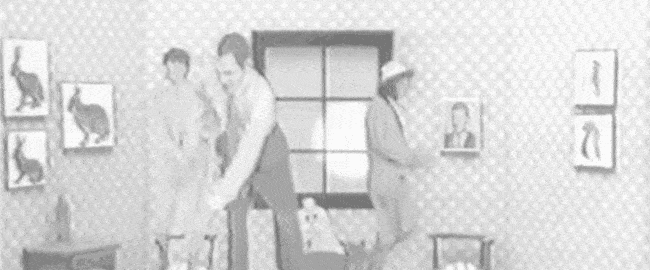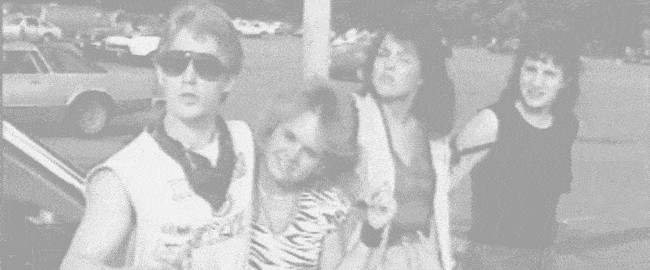
(pine watt/Unsplash)
Over the weekend, I found myself watching a pair of documentaries, both with stories based around Los Angeles, and the contrast between the two offers a really great discussion on the power of framing.
One was significantly better than the other—while the other, quite terrible, exposed a strange (albeit very small) personal tie that I had with the victim on its way to putting boatloads of attention on dangerous internet researchers.
The Lady and the Dale, an HBO docuseries (directed by Nick Cammilleri and Zackary Drucker, and produced by the Duplass Brothers), tells the tale of a onetime con artist who attempted to go legit with a well-timed three-wheel automobile, only to be taken down by a combination of over-the-top promises, securities fraud, and transphobia—as the subject, Elizabeth Carmichael, was trans. Without giving away the whole story, one thing that the four-part miniseries does a great job of doing is contextualizing the fact that Carmichael’s gender identity was separate from her accused crimes, but both in court and in the media, they were treated as a major element of the con.
Dick Carlson, father of Tucker, was the reporter who exposed the shadiness of her company, Twentieth Century Motor Car Corporation, but also seemed obsessed with her gender identity, frequently misgendering her both in archival footage and modern interviews.
But one thing that the documentary does a great job is actually highlighting modern trans individuals, including a lawyer, who can offer context about how even seemingly small things, such as a court legally treating Carmichael as a woman, were actually very significant in the grand scheme.
It’s a story that has something to say about the modern moment despite the major plot points playing out decades ago. I highly recommend it.
That is something that cannot be said about Crime Scene: The Vanishing at the Cecil Hotel, a true-crime Netflix docuseries directed by Joe Berlinger, which, when given a great opportunity to tear down internet misinformation efforts, instead allows those misinformation efforts to pad the documentary into a four-hour slog.
The tale is harrowing—Elisa Lam, a Canadian college student taking her first solo vacation to the United States, disappears in a hotel in downtown Los Angeles that has seen many deadly crimes happen under its roof. Lam’s body is eventually found inside the hotel, but in the process, the LAPD releases footage of her final moments that is endlessly analyzed by internet sleuths.
Also a target of endless internet analysis is her Tumblr, which is still online (but I will not link to). She was a heavy Tumblr user at a time when I ran a popular Tumblr, and after a bit of a cursory search, I figured out that she had followed me and occasionally shared some of my content, which made me feel weird about watching her passing analyzed over and over by people who had little but a video clip and a Tumblr to work with.
There are some obvious angles to take things—a discussion on mental health, the danger of online mobs, and the risks of amateur internet sleuthery—but the documentary is interested in none of those. Instead, as CNET explains (thanks Will Oremus), it hangs details out for hours on end, padding out a relatively simple story and giving people who don’t deserve hours of camera time just that.
Watching these two docuseries back to back gave me something useful—a better understanding of the way that good framing in storytelling can help tell us something important about the modern day (and highlight the ugliness of the past), and how bad framing can mire us in ugly, endless debates and endanger people who did nothing wrong. Good story framing is something I personally strive for, and I was lucky such a good contrast surfaced for me almost by chance.
There was a good story in Crime Scene: The Vanishing at the Cecil Hotel, just as there was in The Lady and the Dale. It’s too bad the creators missed it.
Time limit given ⏲: 30 minutes
Time left on clock ⏲: 37 seconds



